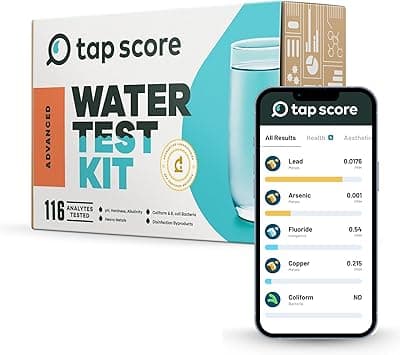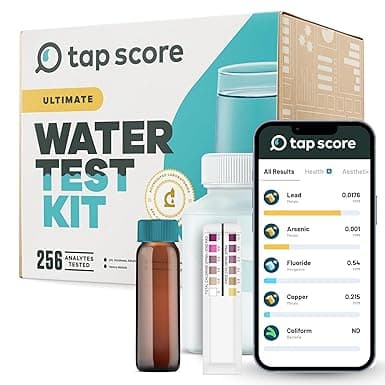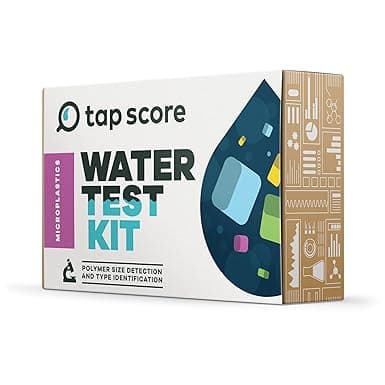Helicobacter pylori
Helicobacter pylori is a type of bacteria that can cause infections in the stomach. It is known to be a major cause of peptic ulcers and is associated with stomach cancer. The bacteria can survive in the harsh acidic environment of the stomach and can be transmitted through contaminated food and water.
EPA MCLG Level
0 ppb
Maximum level that poses minimal health risk based on the latest science
Health Effects
Infection with Helicobacter pylori can lead to various gastrointestinal issues, including gastritis, peptic ulcers, and an increased risk of stomach cancer. Symptoms may include abdominal pain, bloating, nausea, and loss of appetite. Long-term infection can lead to serious health complications.
Affected Organs & Systems:
Common Sources
- Contaminated water
- Food contamination
How to Remove It
Water filters certified under the following NSF standards are effective at removing Helicobacter pylori:
EPA MCLG Level
The EPA MCLG represents the maximum level that poses minimal health risk based on the latest scientific research. It's often more protective than federal legal limits.
Contaminant Type
Helicobacter pylori is classified as a Bacteria contaminant.
This contaminant primarily affects the Stomach, Digestive system.
Related Bacteria Contaminants
Check Your Water
Find out if Helicobacter pylori is in your tap water.
Search cities for Helicobacter pylori dataTest Your Water for This Contaminant
Public water reports may not test frequently enough or at your specific tap. Professional home testing provides current, location-specific results.

SimpleLab
Standard Home Water Test
$232
Comprehensive water analysis testing over 200 contaminants including bacteria, heavy metals, and chemical compounds.

SimpleLab
Advanced Home Water Test
$369
Most comprehensive home water test including all standard tests plus additional parameters for ultimate peace of mind.

Tap Score
Advanced Microplastics Test
$636
Cutting-edge testing for microplastics particles in drinking water using advanced laboratory techniques.
Stay Informed About Your Water Quality
Get EPA reports, filter recommendations, and safety alerts for your area.
Join 10,000+ people protecting their families. Unsubscribe anytime.